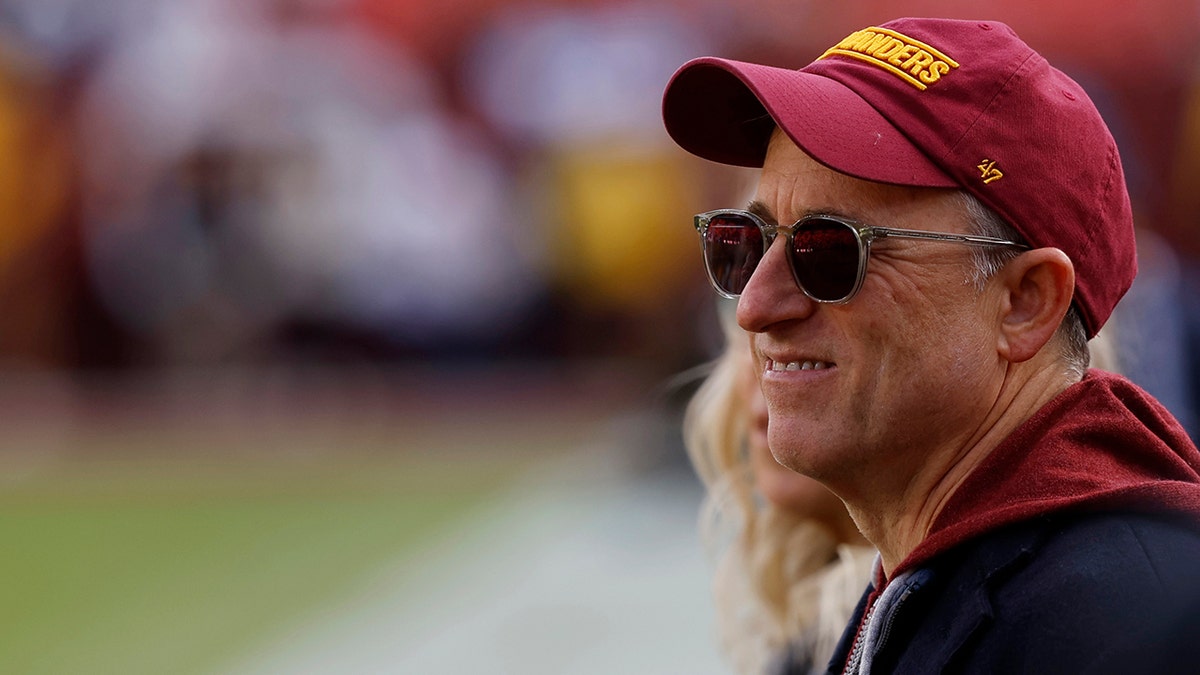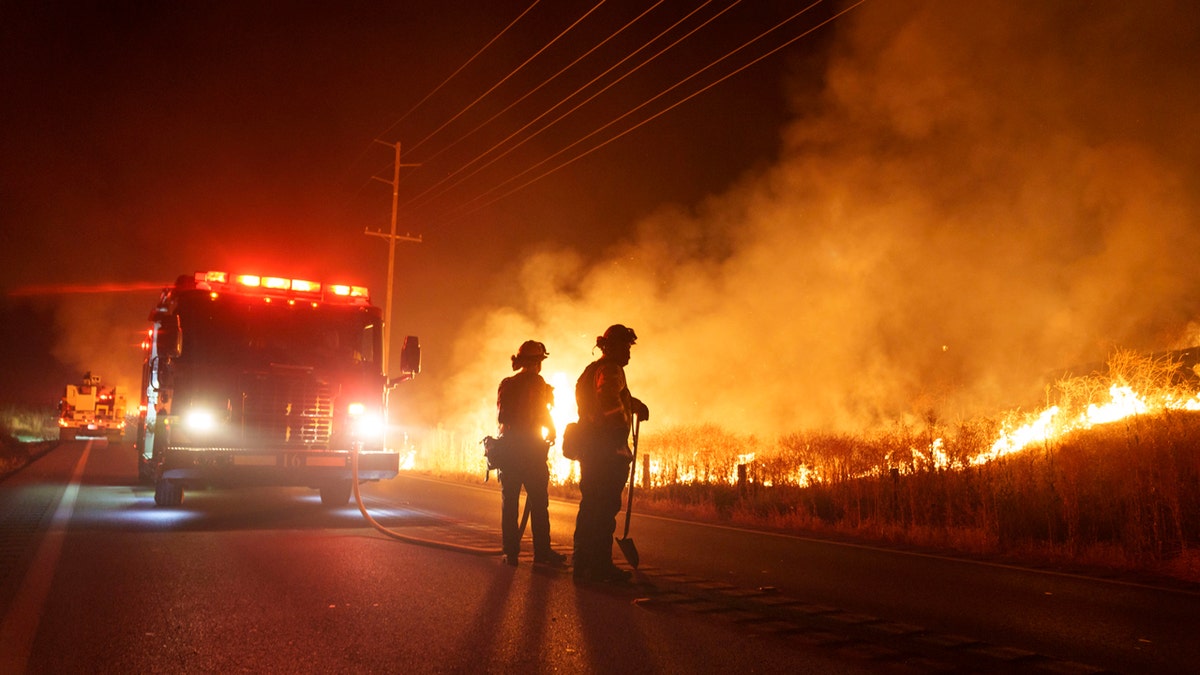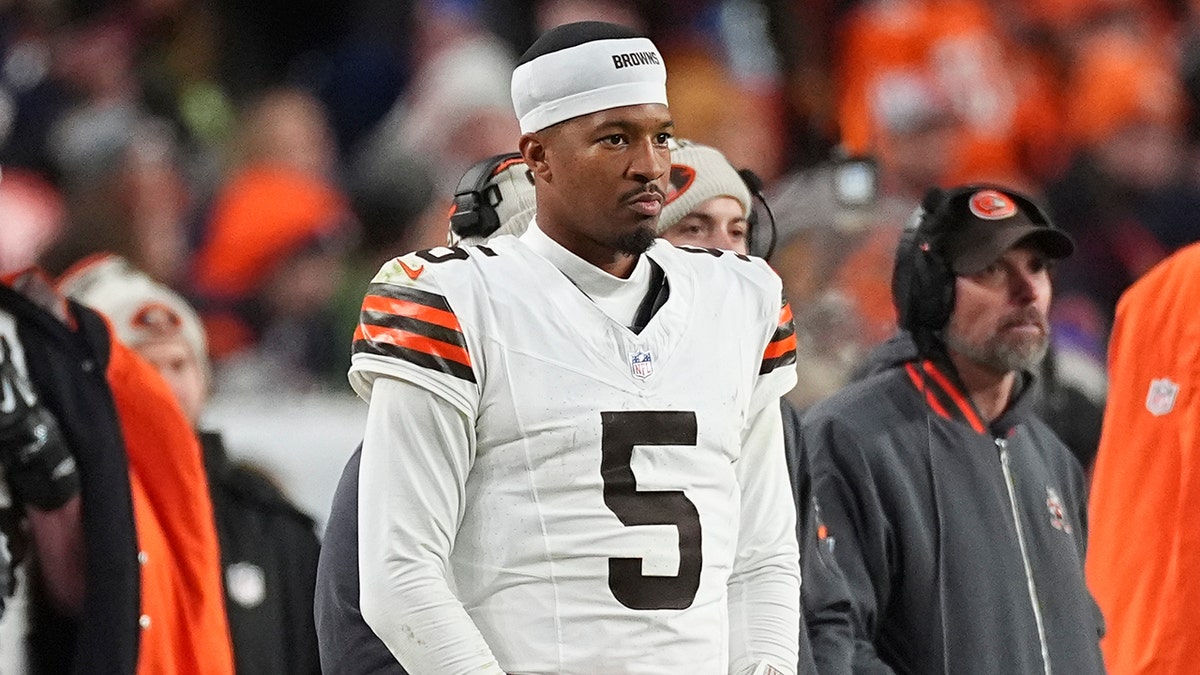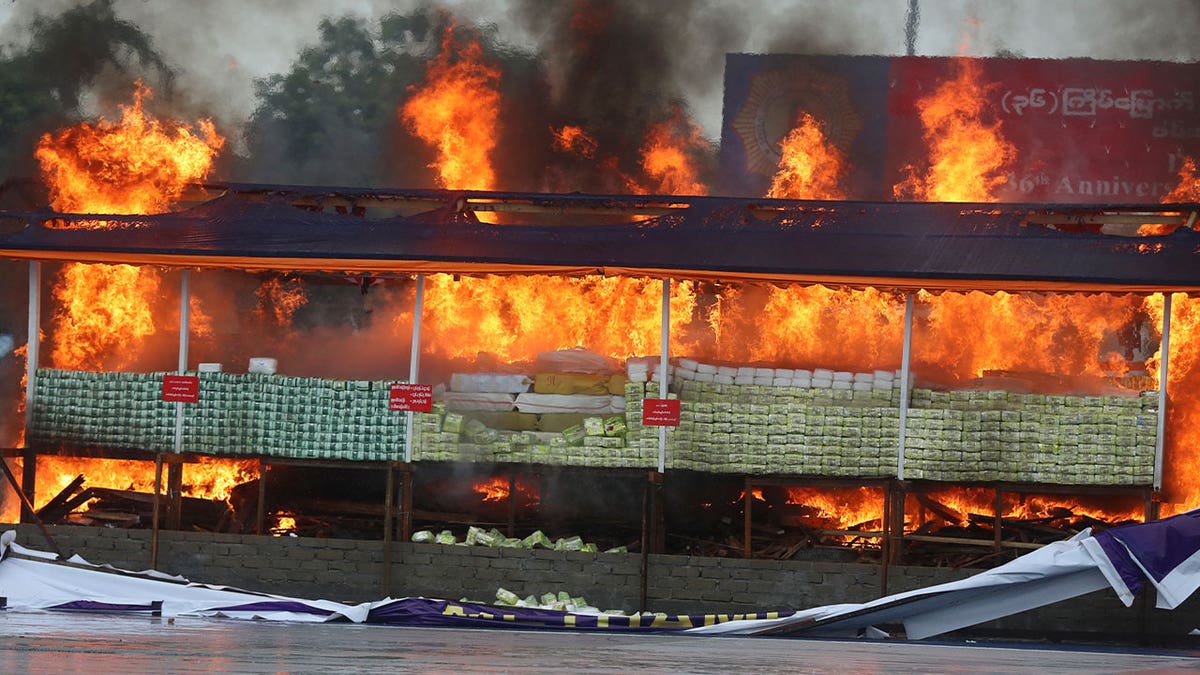According to Amazon's Chief Technology Officer, Dr. Werner Vogels, artificial intelligence is playing a crucial role in transforming our food systems and promoting environmentally friendly practices. Speaking at the "AI for Good" global summit in Geneva, Vogels highlighted how AI is already boosting efficiency for rice farmers and other food producers worldwide.
Vogels emphasized the environmental impact of different protein sources, pointing out that cattle farming requires significantly more feed than fish farming to produce the same amount of protein. He argued for a shift towards fish consumption as a primary protein source to reduce the environmental burden of food production. He cited the damaging effects of cattle farming, not only in terms of feed consumption but also its overall environmental footprint.
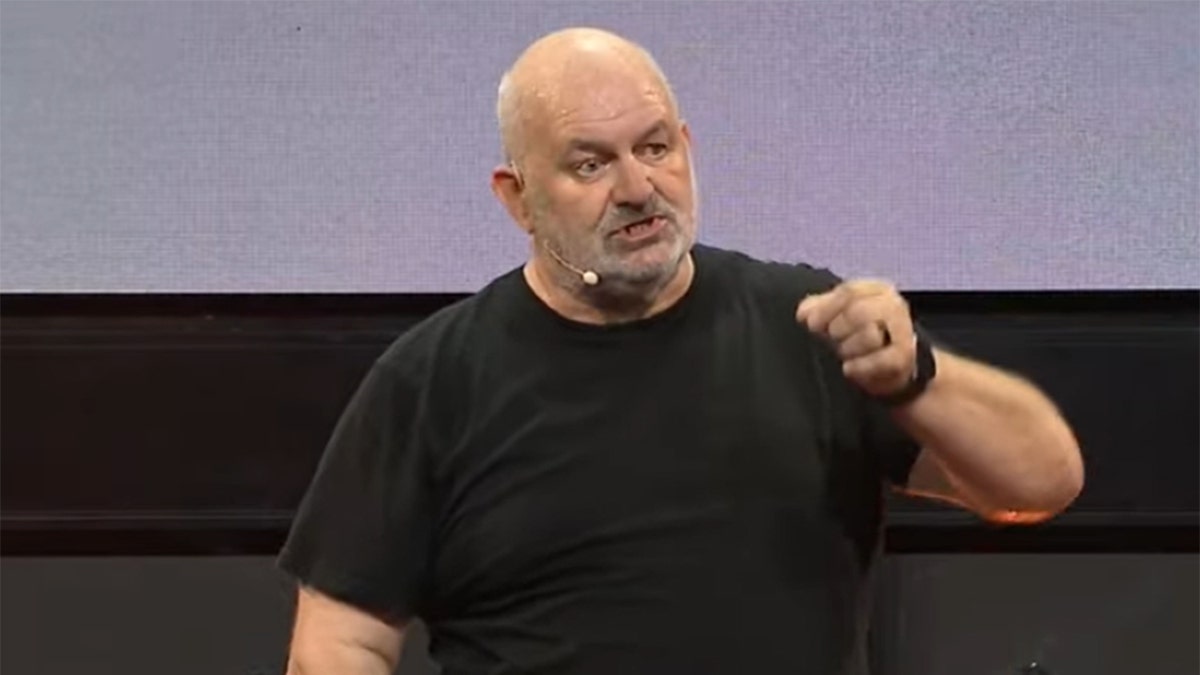
To address the challenges associated with traditional fish farming, such as the rapid spread of diseases, Vogels showcased how AI is being employed to improve fish farming techniques. Companies like Aquabyte are utilizing AI and machine learning to collect data on individual fish, enabling early disease detection and improved yield. AI-powered systems have already analyzed over a billion fish, creating a comprehensive data library that enhances the efficiency of monitoring farmed fish.
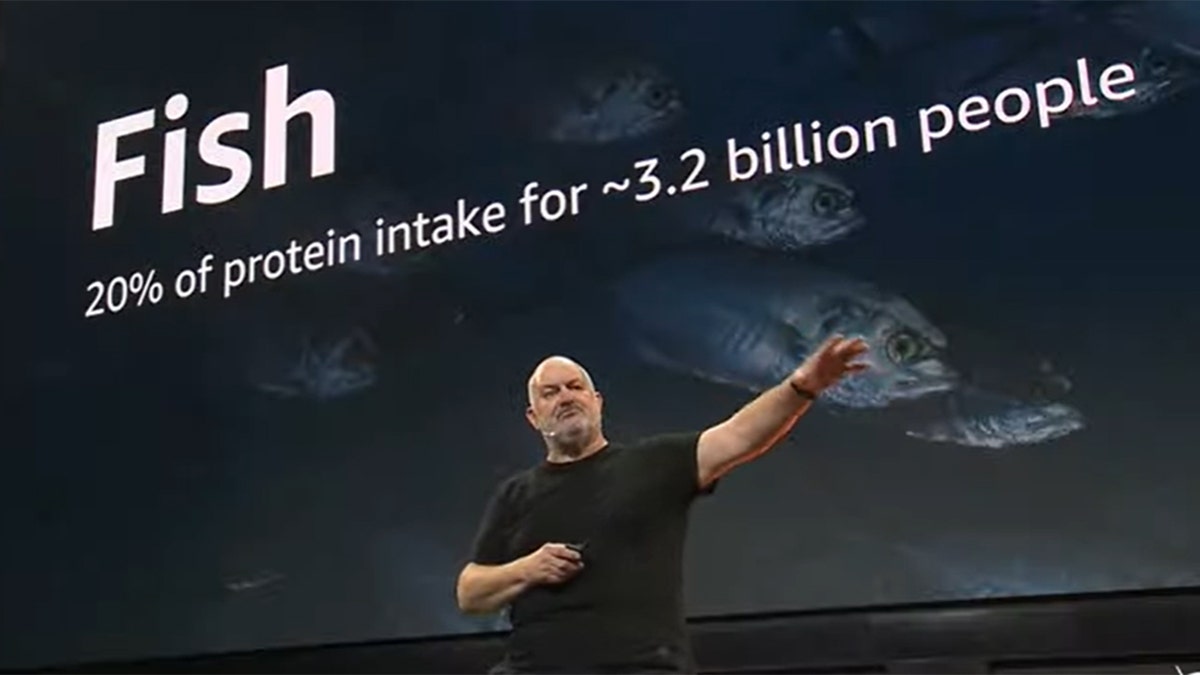
Vogels also addressed the environmental concerns associated with ocean fishing, citing the significant contribution of fishing nets to plastic waste in the oceans. He advocated for fish farming as a more controlled and sustainable alternative to traditional fishing methods.
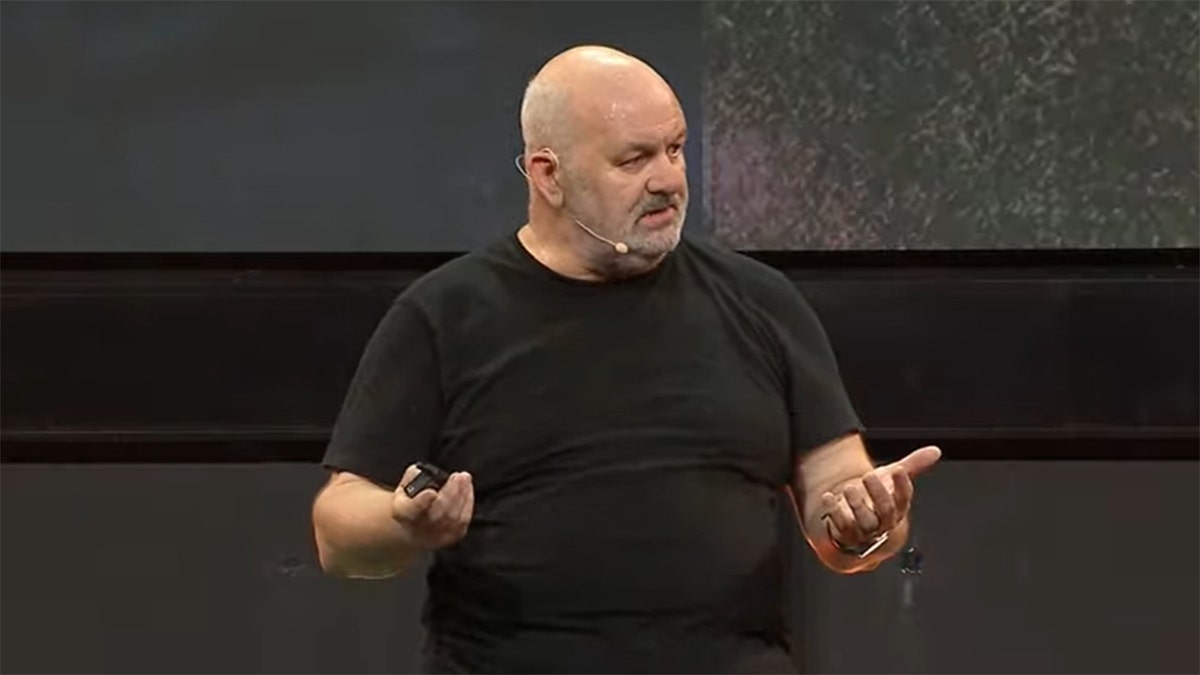
The U.N. conference, which featured prominent U.N. officials and industry leaders, also addressed the potential risks of AI, including the development of autonomous weapons and the spread of misinformation. U.N. Secretary-General Antonio Guterres acknowledged both the potential benefits and dangers of AI, emphasizing the need to address its potential negative impacts.

